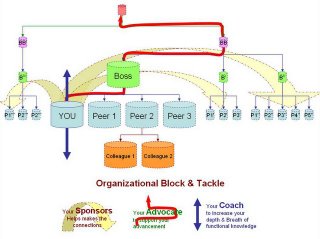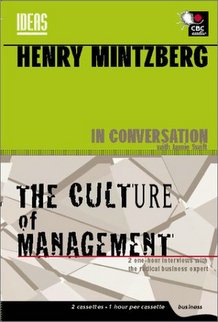An oxymoron don’t you think? Economics is a funny subject! I have learnt more from Economics than I have from most other subjects put together… I may not have been paying much attention in the other classes… I guess? In any case, I was chatting with a friend on matters of measurement and metrics and I blurted ‘flexible yardstick’. I started to wonder when and where I first heard the term, ‘flexible yardstick’… it all came back to me… CPI – The consumer price index as a measure of inflation. The words took me down memory lane to the class room sessions in Macro Economics and Paul Samuelson. So what’s wrong with CPI as an inflation measure? Guess it is all the short term profiteering, hoarding, fads, etc. that lend the measure ineffective at reporting the variation in the value of money. Strange as it may sound I have never dabbled in the world of economics ever since that class, although I play ‘GAMES’ all the time.
Our conversation evolved into a discussion of biases in measurements, short term memory is always sharper than long term memory in addition to people believe anything, they believe forms their perception, and perception is reality. So by induction principle yardsticks are flexible…
Sounds like a lot of baloney, but it really isn’t... “Perception is Reality”. To that extent the only resolution to a systemic challenge like flexible yardstick is a constructive change management program combined with a strong, astute leadership.











